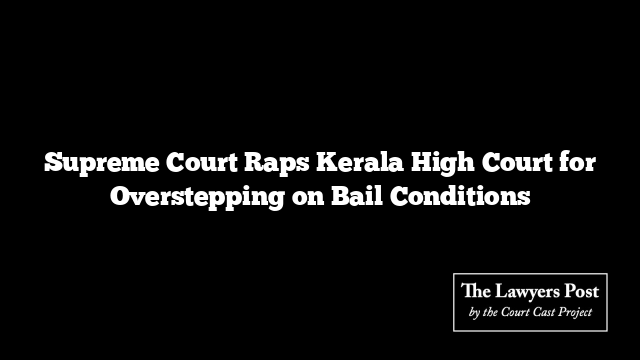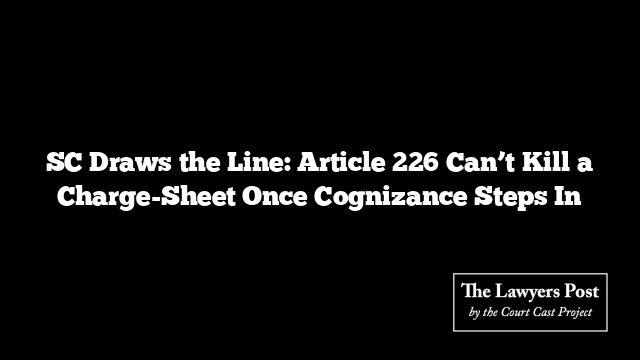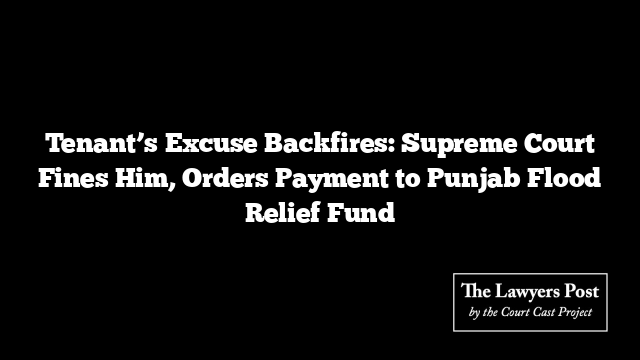The Supreme Court has pulled up the Kerala High Court for what it bluntly termed “judicial impropriety,” after the High Court modified a bail condition even though its original anticipatory bail order was already under challenge before the apex court.
The top court said the High Court ought to have shown restraint, noting: “When an order of anticipatory bail granted by the High Court is under challenge before us and notice has already been issued, any modification of conditions by the High Court risks prejudicing or even nullifying the proceedings pending before this Court.”
The bench of Justices JK Maheshwari and Vipul M Pancholi was dealing with a case where the accused, having secured anticipatory bail from the High Court, sought relaxation of conditions to travel abroad—specifically to Dubai for what was described as “immigration requirements.” This request was entertained and granted by the High Court, despite the Supreme Court already being seized of the challenge to the bail order.
The central question before the apex court was simple but crucial: can a High Court alter conditions of an order that is itself under scrutiny before the Supreme Court? The answer came sharp and clear—no.
The bench ruled that the High Court’s move was “contrary to judicial propriety and discipline,” reiterating that once a matter is pending before the Supreme Court, parallel tinkering by the High Court undermines judicial hierarchy and comity.
To reinforce its stance, the Court drew from precedent—Chhavi Mehrotra v. Director General, Health Services (1995)—where it was categorically held that High Courts must not adjudicate on issues already pending before the Supreme Court.
Consequently, the order permitting foreign travel was set aside. The Supreme Court also issued notice to the accused, asking why her anticipatory bail itself should not be cancelled for failing to disclose material facts.





